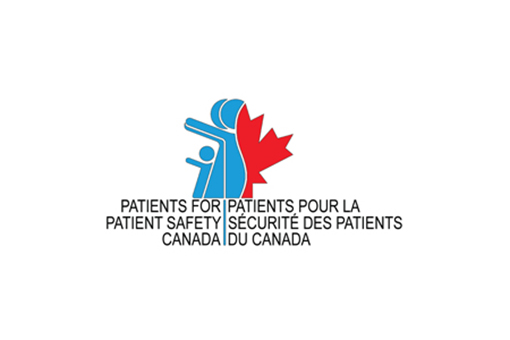Claire inspires change after her passing
October 31, 2011
Raeline McGrath risked everything to fight in Claire’s memory.
Claire, her nine-year-old, was gone. Now friendships were at stake, along with the nursing job she loved in a Newfoundland hospital.
“I knew what the fallout would be,” she says. “I knew, without a doubt, I’d be labeled as ungrateful — seen as a mother struggling unsuccessfully to blame someone for her daughter’s death.”
Raeline tried to bury her concerns about Claire’s death. After all, she worked as a nurse at the same hospital.
It would be easier for everyone if Raeline forgot her nagging concerns, grieved for a time and came back to a hospital full of supportive, caring colleagues.
“I see these same people every day, in the cafeteria, in the corridors, across the bed. I knew this would not end well.”
But Raeline and her husband David were too committed to Claire in life to abandon her in death. Claire was born with a genetic condition, Trisomy 13, and had severe developmental delays.
Claire walked with difficulty. She did not talk, but communicated with pictures, gestures and actions. Her care was constant and began often at 4:30 in the morning.
“We took great pride and interest in ensuring she was safe and healthy,” says Raeline.
Claire died in March of 2008, after 16 days in intensive care, following surgery to repair a malformation in her skull. After surgery, Claire was placed in a deep sleep and on a ventilator. She eventually succumbed to complications, including pneumonia.
When Raeline quietly began to look into the death, she discovered information on possible causes; among them, improper management of the endotracheal tube and ventilator. She took her concerns to the regional health authority, Eastern Health, which then ordered an external review, in mid 2008.
The review found that ventilator management was below accepted standards. It also revealed Claire’s death was precipitated by an abrupt rise in carbon dioxide. The most common cause is a blocked endotracheal tube. The review deemed Claire’s death as preventable.
Tensions were already high in the hospital after Claire died, especially with Raeline seeking a review. A picture of Claire in the pediatric intensive care unit was taken down.
“They were devastated when Claire died,” says Raeline. “It was one of their own. They felt they’d done everything they could and were frustrated I didn’t see that side of things.
“As the mother I needed answers. But as a nurse I needed answers, too. I worked in the same critical care division. I needed to feel comfortable that we did everything we could for Claire.”
The review finding of a preventable death was the worst possible outcome for everyone — for staff and for Claire’s family. The health authority, though, held a forum with staff, communicated openly with Raeline and David and apologized for her death.
Changes in policies and procedures were made. The pediatric ICU is now more open to family members. But Raeline felt she had to leave the hospital for another nursing position in the health region.
“I’ve asked myself if it was worth it,” says Raeline. “I don’t think I had a choice. If we’re going to move ahead — if Claire’s death is going to have meaning — then I did what I had to do ... to make it better for the next Claire.”
She wants her former colleagues to know of her deep belief in openness and accountability in health care. She’ll never forget the apology one nurse made to her.
“If I have done something that unknowingly has contributed to Claire’s death,” said the woman, “I am really sorry.”
Raeline and David were deeply touched. Raeline thought to herself: “We are so privileged to have had this nurse care for Claire.”
And then she knew in her heart that she had turned Claire’s care over to the right people.
“So would I do it again? Yes,” she says. “I’d hand Claire over the same people. Same people. Same place. All over again.
“I wish they had done things differently. I wish they could accept that things can be done differently. But I do not blame them.”
Claire’s battle highlights the importance to fight for safe care and to accept no less.

Want to read more?
